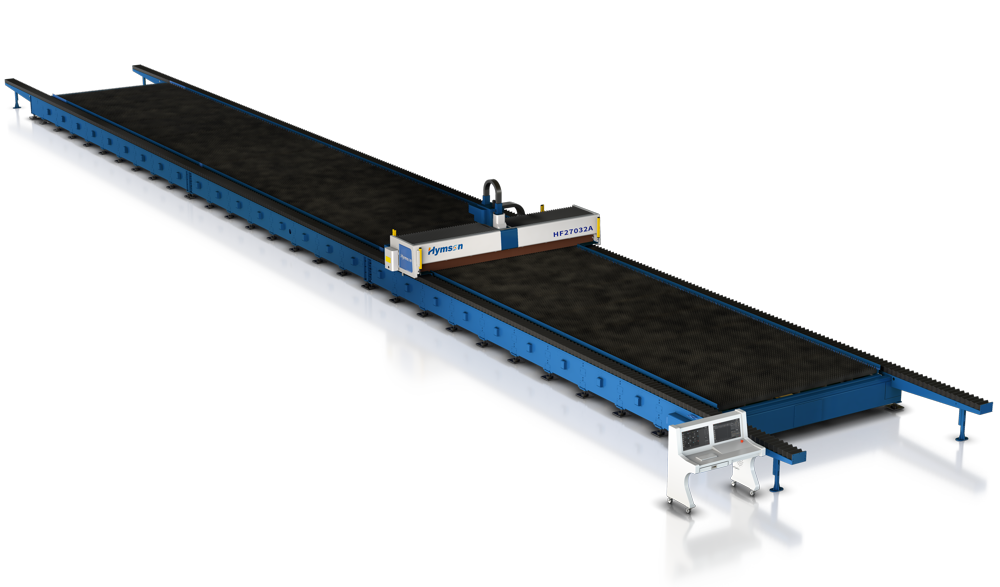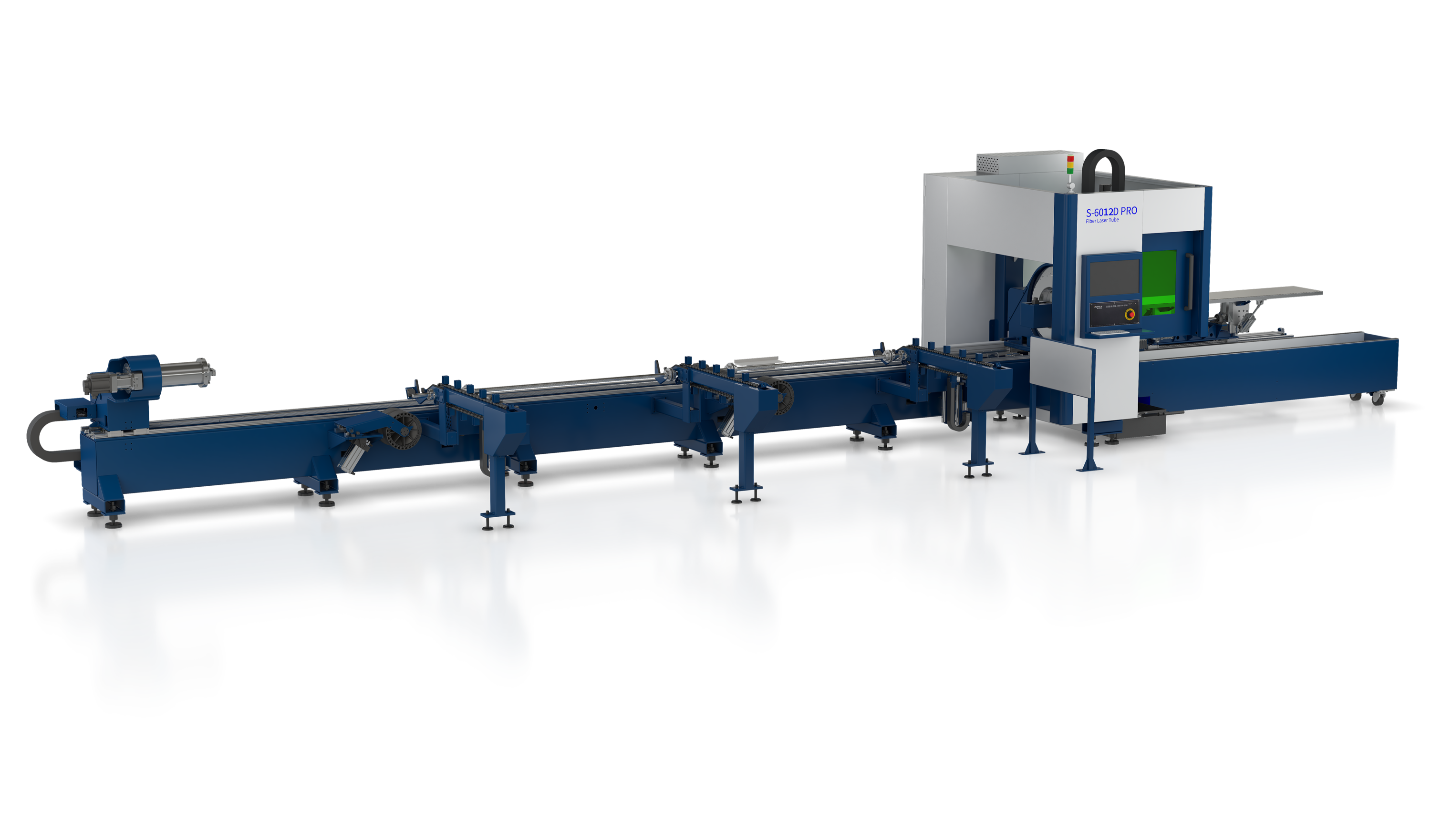CNC fiber laser cutters have revolutionized the manufacturing industry with their precision, speed, and versatility. These cutting-edge machines utilize high-powered laser beams to cut through various materials with unparalleled accuracy. In this article, we'll explore the most common applications of CNC fiber laser cutters in modern manufacturing processes.
Automotive Industry
The automotive sector heavily relies on CNC fiber laser cutters to produce high-quality components. These machines excel at cutting body panels, chassis parts, engine components, and exhaust systems. The precision of CNC fiber laser cutters ensures that each part meets strict tolerances, contributing to improved vehicle performance and safety. Additionally, the ability to cut complex shapes allows for innovative designs in modern automobiles.
Aerospace Manufacturing
In the aerospace industry, where precision and reliability are paramount, CNC fiber laser cutters play a crucial role. They are used to cut titanium alloys for aircraft frames, fabricate turbine components, and create intricate parts for satellite systems. The high-speed cutting capabilities of these machines significantly reduce production time while maintaining exceptional quality standards required in aerospace applications.
Electronics Industry
CNC fiber laser cutters have found extensive use in the electronics sector, particularly in cutting circuit boards, fabricating smartphone and tablet components, and producing computer hardware parts. The ability to make precise, clean cuts without damaging sensitive electronic components makes CNC fiber laser cutters invaluable in this industry. They can handle delicate materials and create intricate patterns necessary for modern electronic devices.
Medical Device Manufacturing
The medical field benefits greatly from the precision of CNC fiber laser cutters. Common applications include cutting surgical instruments, fabricating implants, and producing medical-grade tubing. The non-contact nature of laser cutting ensures sterility and prevents contamination, which are crucial factors in medical device production. CNC fiber laser cutters can work with various biocompatible materials, including titanium and stainless steel, to create life-saving medical devices.
Architectural and Construction Industry
In architecture and construction, CNC fiber laser cutters are used to cut structural steel components, fabricate decorative metal panels, and create custom signage and fixtures. The ability to cut large metal sheets quickly and accurately makes these machines indispensable in modern construction projects. They allow for the realization of complex architectural designs that would be challenging to achieve with traditional cutting methods.
Energy Sector
The energy industry, particularly renewable energy, relies heavily on CNC fiber laser cutters to cut solar panel frames, fabricate wind turbine components, and produce parts for energy storage systems. These machines' precision and efficiency contribute to producing high-quality, durable components essential for sustainable energy solutions.
Advantages of CNC Fiber Laser Cutters in Manufacturing
High Precision:CNC fiber laser cutters can achieve cuts with tolerances as tight as ±0.1mm, ensuring exceptional accuracy in part production.
Speed: These machines can cut through materials at speeds up to 60 meters per minute, significantly reducing production time.
Versatility: CNC fiber laser cutters can handle a wide range of materials, including steel, aluminum, copper, and even reflective metals.
Energy Efficiency: Compared to traditional cutting methods, fiber laser cutting consumes less energy, making it a more sustainable option.
Minimal Material Waste: The precision of laser cutting results in less material waste, optimizing resource utilization.
Low Maintenance: CNC fiber laser cutters have fewer moving parts, leading to reduced maintenance requirements and downtime.
Conclusion
CNC fiber laser cutters have become increasingly vital in modern manufacturing, offering unparalleled precision, speed, and versatility across various industries. From automotive and aerospace to electronics and medical devices, these machines continue to push the boundaries of what's possible in production processes.
As technology advances, we can expect CNC fiber laser cutters to play an even more significant role in shaping the future of manufacturing. Their ability to handle complex designs, work with diverse materials, and maintain high levels of accuracy makes them indispensable tools for Industry 4.0 and beyond.
For manufacturers looking to stay competitive in today's fast-paced market, investing in CNC fiber laser cutting technology is not just an option – it's a necessity. The benefits in terms of production efficiency, quality, and cost-effectiveness make them outstanding in the world of manufacturing.
Share This Post:



